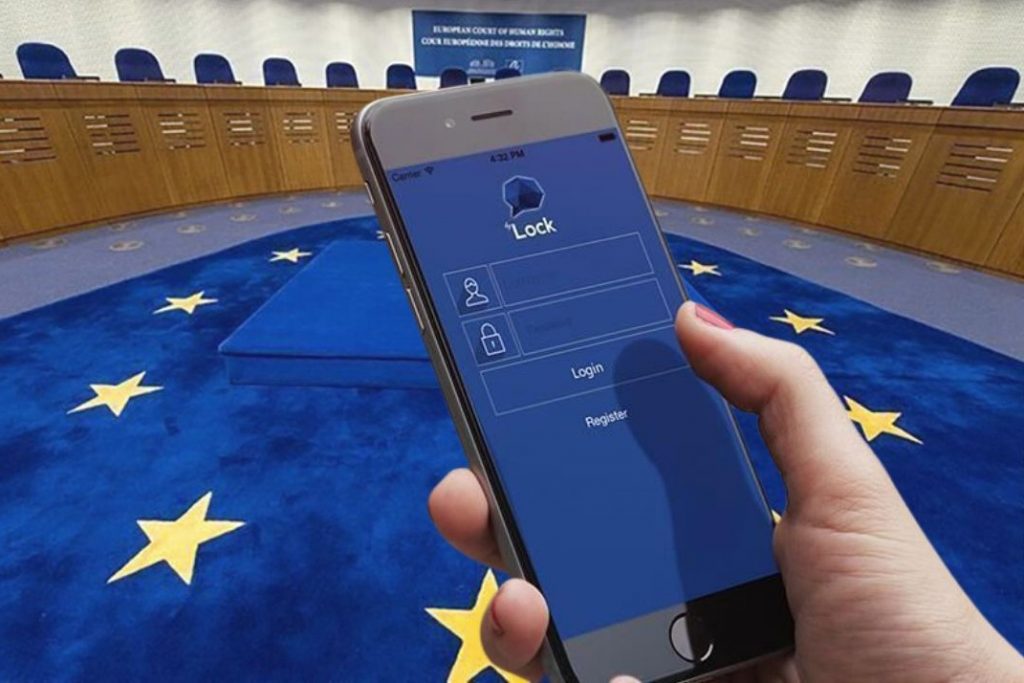The Grand Chamber of the European Court of Human Rights (ECHR) has ruled that Turkey violated multiple human rights provisions in the case involving teacher Yuksel Yalcinkaya, as reported by Euronews on Tuesday. Yalcinkaya had been convicted in Turkey based on his use of ByLock, possessing a Bank Asya account, and the testimony of an unidentified witness.
The ECHR’s decision regarding the March 17, 2020, application determined that Turkey breached Article 7 of the European Convention on Human Rights (stating “there can be no punishment without law”), Article 11 (on the right to freedom of association and assembly), and Article 6 (concerning the right to a fair trial).
Yalcinkaya’s case, heard by the 17-judge Grand Chamber on January 18, centered on his arrest and conviction based on allegations related to ByLock usage, a Bank Asya account, and the testimony of a secret witness. The International Commission of Jurists offered a written opinion as an intervening third party during the hearing. The case was deemed significant enough to be transferred from a relevant chamber of the ECHR to its Grand Chamber, which typically hears more complex cases, either on appeal or directly.
Yalcinkaya’s initial complaint to the ECHR maintained that his conviction, based on the above grounds and his affiliations with unions and organizations labeled by the government as having ties to the “FETO” terrorist organization, violated his human rights. His application to the court further asserted that Turkey breached Article 6 of the European Convention on Human Rights because of the unidentified witness’s role in his conviction, lack of lawyer access to evidence, and the court’s alleged lack of independence and impartiality during his trial.
The application also highlighted claimed infringements of Article 7 (emphasizing “no punishment without law”), Article 11 (on freedom of association and assembly rights), and Article 8 (protecting family and private life), particularly concerning the accusations about ByLock use and Bank Asya accounts.
In related developments, ECHR has also found Turkey at fault in a case involving 168 judiciary members. Yalcinkaya, currently living in Kayseri, had been detained in Turkey following the coup attempt. He was later sentenced to 6 years and three months in prison for alleged “FETO” membership. Although the Court of Cassation upheld the sentence, the Constitutional Court dismissed Yalcinkaya’s application.
